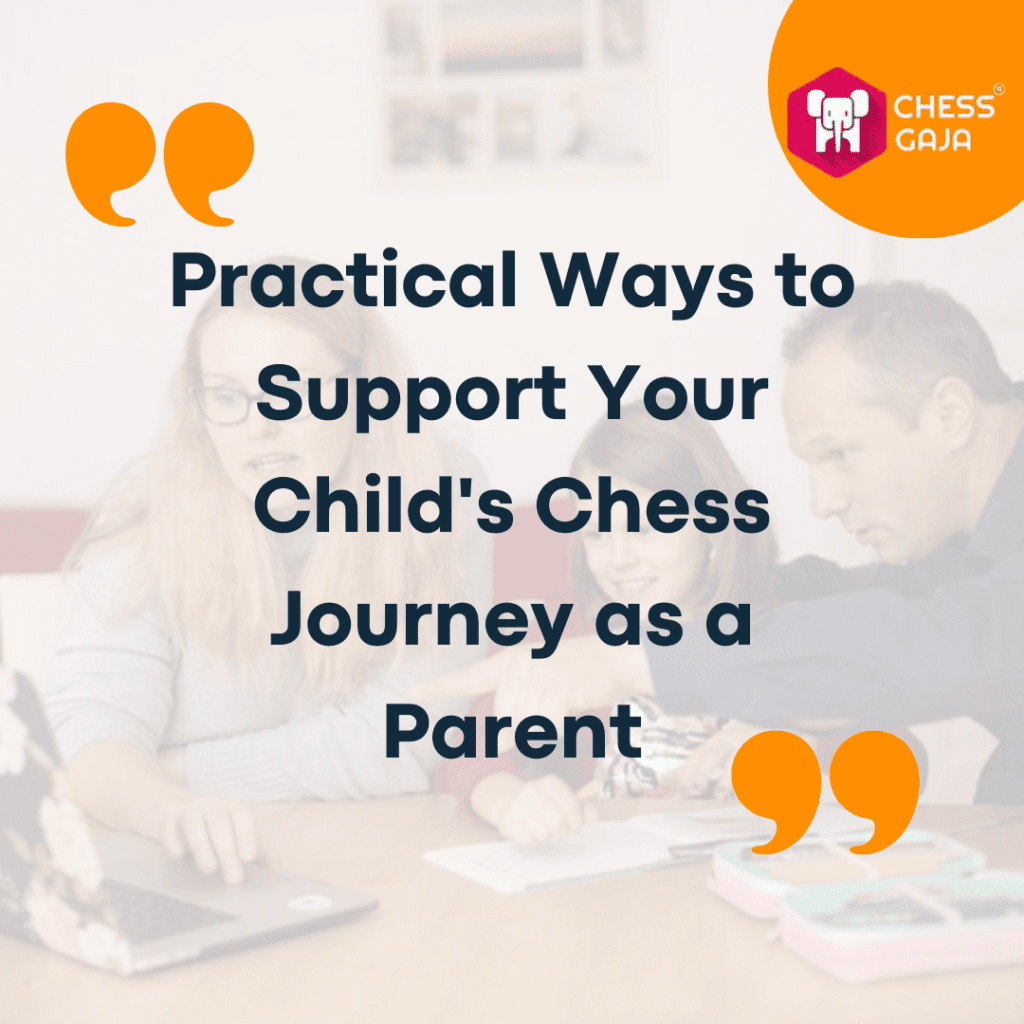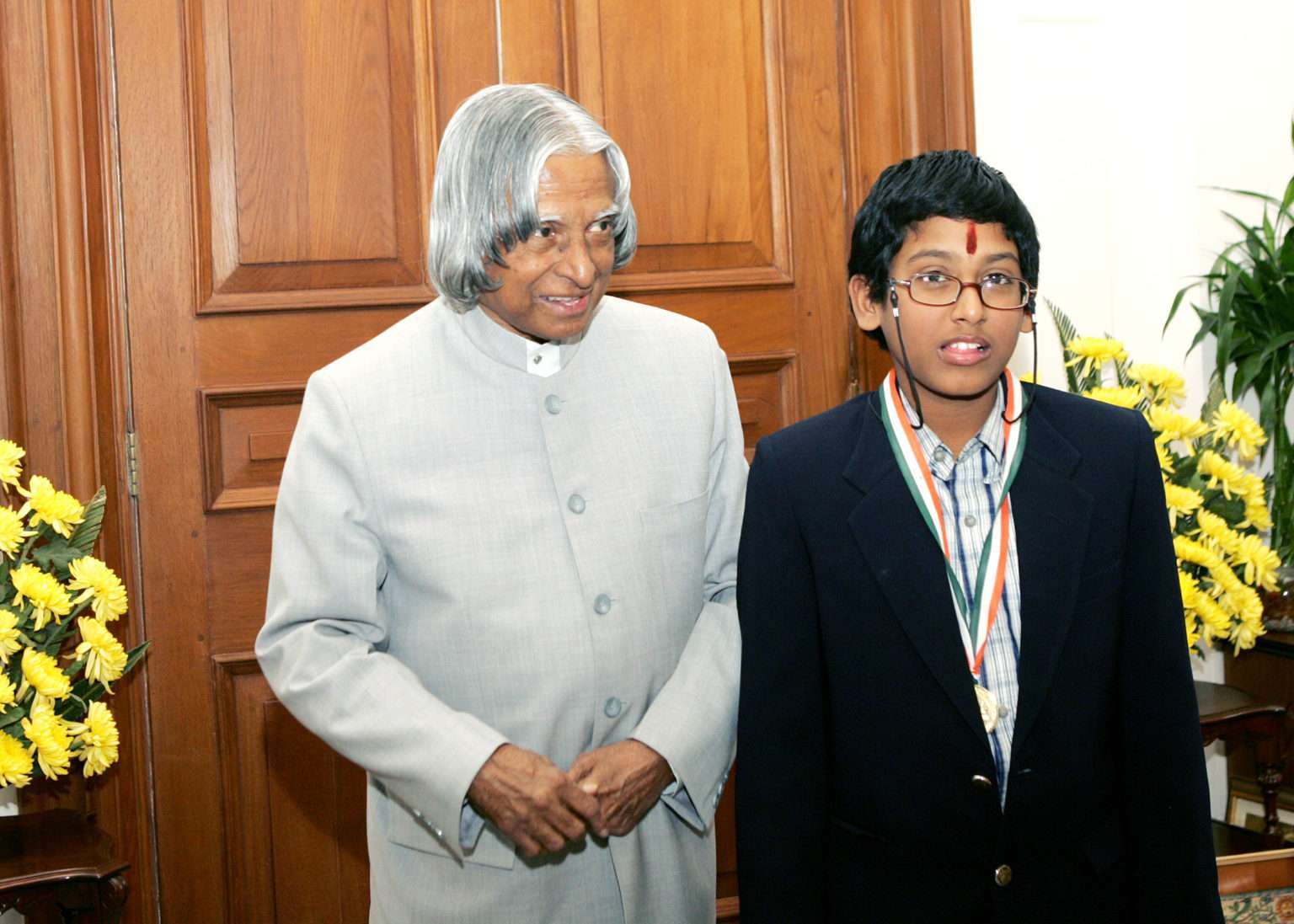Introduction
Chess is a timeless and intellectually stimulating game that offers numerous benefits for children. Not only does it enhance their cognitive skills, but it also teaches them valuable life lessons like patience, strategic thinking, and resilience. As a parent, you can play a crucial role in nurturing your child’s interest in chess and helping them excel in the game.
Throughout my chess journey, from my initial moves to attaining GrandMaster status, the unwavering support of my parents and family was crucial. Fondly, I recall my mother’s steadfast presence, starting from my early days as a 6.5-year-old enthusiast through my teenage years. She dedicated herself to managing every detail – she navigated the complexities of tournament logistics, fostered my mental well-being before matches, and ensured my nutritional needs were met during competitions. Her contributions helped to sculpt my path in chess.
Equally pivotal was my father’s role in handling the financial aspects of my chess pursuits. He diligently covered the costs associated with each tournament, from hefty entry fees to securing top-notch coaching. His efforts provided me with the resources and a worry-free environment, allowing me to concentrate solely on refining my skills and advancing in the sport.
In this blog post, we’ll explore practical ways to support your child’s chess journey, from finding online chess classes to providing the right environment for their development.
1. Find Quality Online Chess Classes
In today’s digital age, finding the right online chess classes for your child is easier than ever. The United States offers a wealth of resources and instructors, making it possible for your child to learn and improve their chess skills from the comfort of your home. Here are some steps to help you find suitable online classes:
- Research reputable platforms: Look for well-established websites and platforms that offer online chess courses for children. Websites like Chessgaja.com, Chess.com, ChessKid.com, and the US Chess Federation are excellent places to start your search.
- Read reviews: Check online reviews and testimonials from other parents and Google Reviews to gain insights into the quality and effectiveness of various online chess programs.
- Consider live lessons: Interactive, 1-1 chess classes and group live chess lessons with experienced chess instructors can be more engaging and beneficial for your child’s learning compared to pre-recorded videos.
- Evaluate the curriculum: Ensure that the chess curriculum aligns with your child’s age and skill level. Many platforms offer structured lessons tailored to different age groups and skill levels.
2. Create a Supportive Environment
Once you’ve enrolled your child in online chess classes, it’s essential to create a supportive environment at home. Here are some tips to help your child thrive on their chess journey:
- Set a regular practice schedule: Encourage your child to practice chess regularly. Consistency is key to improvement.
- Provide the necessary resources: Ensure your child has access to a chessboard, chess pieces, online chess material, and chess books. Using all resources, be it online or offline, will help,
- Schedule chess classes when your kid is mentally most awake – I have often seen kids coming to chess classes after finishing multiple physically tiring activities, only to doze off in the class, or barely stay focussed. When you train in chess, your brain needs to be fresh and energetic.
- Stay involved and interested: Show genuine interest in your child’s progress. Ask them about their games, discuss strategies, and offer to play chess with them. Your involvement will boost their motivation.
3. Encourage Tournament Participation
Participating in chess tournaments can be a significant step in your child’s chess journey. It helps them apply what they’ve learned in a competitive setting and build confidence. Here’s how you can support their tournament participation:
- Find local tournaments: Look for chess tournaments in your area or online. Many local chess clubs and schools organize events for young players.
- Register and accompany them: Register your child for tournaments and accompany them to the venue. Your presence can provide emotional support and ease any nervousness.
- Celebrate their achievements: Whether they win or lose, celebrate your child’s efforts and accomplishments. Encourage them to learn from their experiences, whether they win or lose.
4. Things to do during the tournament
- Give a healthy diet – As a parent, ensure your kid takes the right amount of food before the game, as well as equip your kid with healthy snack options they can eat during the game.
- Stay focused – Before a game, make sure you help your kid stay focused on the game and avoid getting distracted by playing around or doing other activities. The player should be calm and composed as they approach the board to play their game.
5. Connect with Chess Communities
Being part of a chess community can be enriching for both you and your child. It provides opportunities to meet like-minded individuals, share experiences, and gain valuable insights into the world of chess. Here’s how you can connect with chess communities:
- Join local chess clubs: Many cities have chess clubs that organize regular meetings and events. Joining one can help your child make friends who share their interest in chess.
- Online chess forums and groups: There are numerous online chess forums and social media groups where you can connect with other parents and chess enthusiasts. These communities often provide tips, resources, and support.
Conclusion
Supporting your child’s chess journey as a parent involves finding quality online classes, creating a nurturing environment, encouraging tournament participation, and connecting with chess communities. Chess can be a lifelong passion and a valuable tool for your child’s cognitive and emotional development.
Remember that the chess journey is long and that you and your kid will figure out a lot of things as you progress on the journey. Having the right coach/mentor who can guide you at different stages of your chess career can make the path easier.
By following these practical tips, you can help your child unlock their potential and enjoy a rewarding chess journey.









